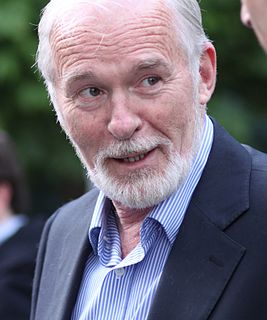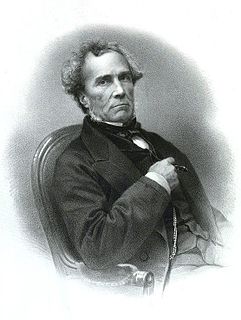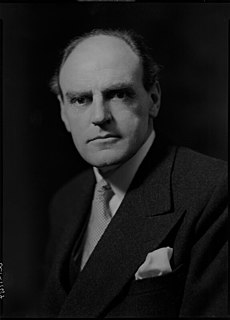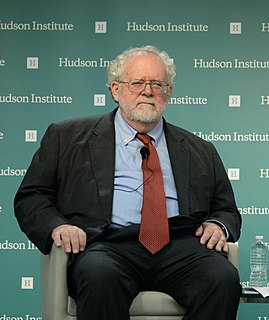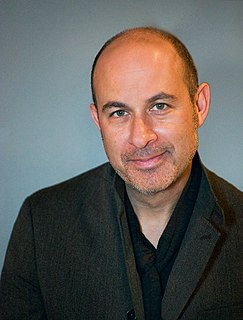A Quote by Ian McElhinney
I was living in Britain and then America, but it wasn't until I returned to live in Ireland in the late '70s that I really became aware of Seamus Heaney. I discovered quickly that his poems are very accessible.
Related Quotes
I have seen the Indian in his forests, and the Negro in his chains, and thought, as I contemplated their pitiable condition, that I saw the very extreme of human wretchedness; but I did not then know the condition of unfortunate Ireland...In all countries, more or less, paupers may be discovered; but an entire nation of paupers is what was never seen until it was shown in Ireland.
When my family moved from Ireland in the 70s, Britain was such a difficult place to be Irish. It was a decade of real social and economic upheaval in Britain. There were strikes, the three-day week, the oil crises, huge inflation, the winter of discontent and, what was it, four Prime Ministers? And relations between Britain and Ireland at that time were at an all-time low. I was born in the year of Bloody Sunday and of course the pub bombings happened in the mid-1970s.
A man builds a house in England with the expectation of living in it and leaving it to his children; while we shed our houses in America as easily as a snail does his shell. We live a while in Boston, and then a while in New York, and then, perhaps, turn up at Cincinnati. Scarcely any body with us is living where they expect to live and die. The man that dies in the house he was born in is a wonder. There is something pleasant in the permanence and repose of the English family estate, which we, in America, know very little of.
I was a child of the '60s basically, which is a real blank. I really started growing up, I think, in the '70s. I'm a glam-rock kid. But Dublin, Ireland in those days was a very dark place, as in it was a very poor, almost third world. Economically, the whole world is going through a recession at the moment. In the '60s, '70s, and the '80s in Ireland was a real recession. It wasn't a pleasant place.
It's the reason why so many people left Britain like I did in the mid 60s because Britain was exactly the same then as America is today, getting ready to redistribute social wealth and it didn't work. You've seen that in places like Greece, Portugal, Iceland, Ireland where the entire country's business has collapsed, gone bankrupt. That's where America is heading.
Then, at age 20, I discovered theater sort of by accident. Quite quickly, theater became more important to me than music. I began to realize that maybe my talents as a musician were quite limited, or had a ceiling to them, whereas acting seemed to sort of stretch before me. I got very passionate about it very quickly.
